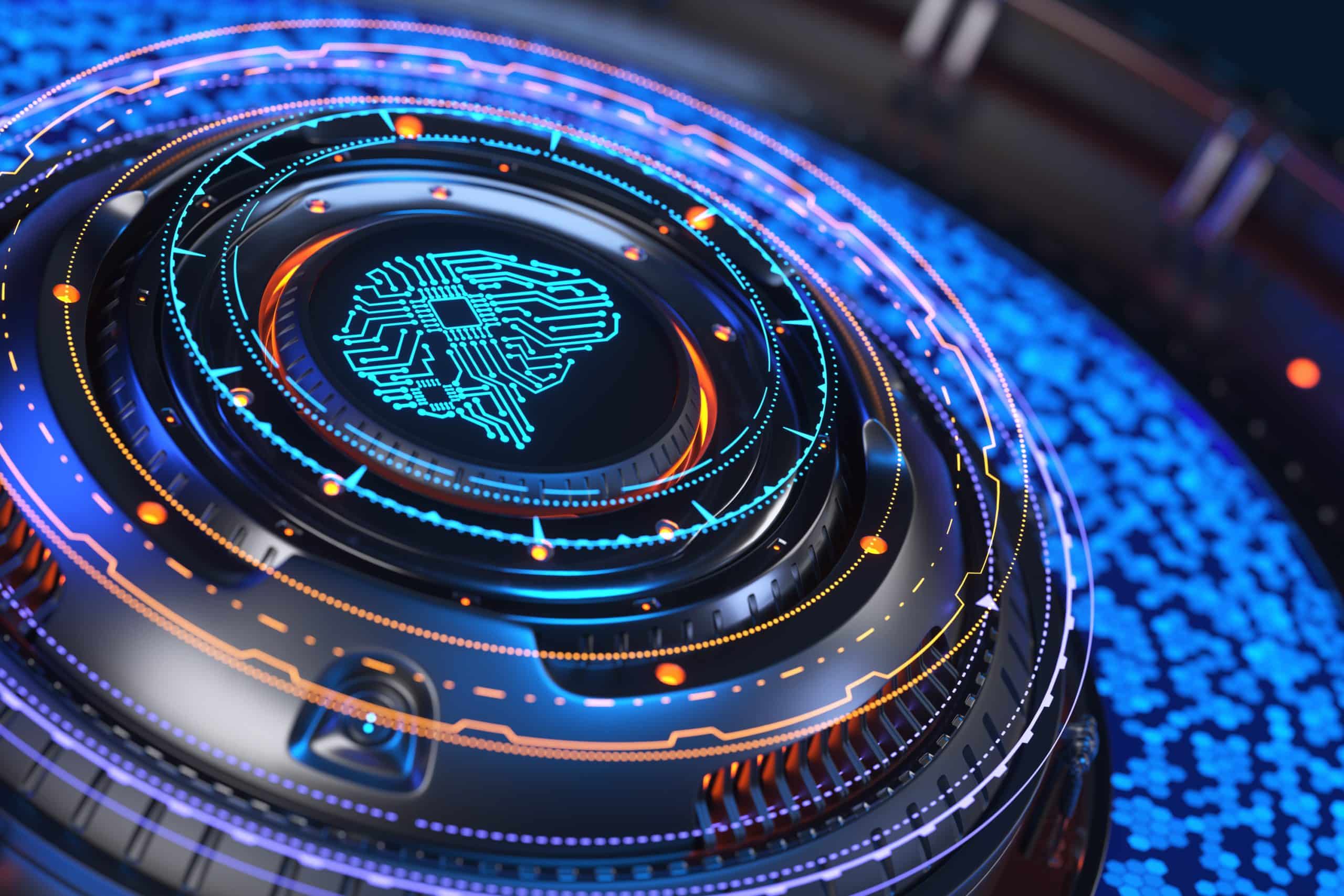How Does the Integration of AI in UK’s Healthcare System Improve Patient Care?

Artificial Intelligence (AI) technology is rapidly transforming all sectors, and healthcare is no exception. The UK has been at the forefront of integrating AI in healthcare, aiming to improve patient care. But, how does AI contribute to this noble cause? This article will delve into the role of AI in UK’s healthcare and its potential to enhance patient care.
The Advent of AI in Healthcare
The integration of AI in healthcare is a relatively new phenomenon that has already started reshaping the medical landscape. AI, coupled with data analytics, has potential to improve healthcare by assisting in diagnosis, predicting outcomes, personalising treatment, and even facilitating drug discovery.
Also to discover : What Are the Effective Methods for Reducing Carbon Emissions in UK Warehousing?
AI essentially mimics human cognitive functions, making it capable of learning, interpreting, and reasoning. The technology’s ability to analyse large sets of data has made it instrumental in healthcare, especially in patient care.
AI can sift through mountains of data, including patient records, clinical studies, and scholarly articles, to draw insights that enhance patient care. These insights can help healthcare professionals to predict disease progression, personalise treatment plans, and even anticipate potential medical emergencies before they occur.
Have you seen this : How Can Real-Time Data Analytics Enhance Emergency Response in UK Cities?
The Role of AI in Diagnosis and Treatment
One of the most significant contributions of AI in healthcare is in diagnosis and treatment. Clinical diagnosis often involves interpreting complex medical images, a task that requires high precision and expertise. AI, armed with machine learning algorithms, can analyse these images with great accuracy, sometimes outperforming human experts.
AI can also support clinical decision making, helping doctors to choose the most effective treatment strategy for their patients. By analysing a patient’s medical history, genetics, and lifestyle factors, AI can recommend personalised treatment plans that improve patient outcomes.
AI is not meant to replace doctors but to support them in their decision-making process. This technology can handle massive amounts of data more efficiently than a human can, and can thus highlight crucial information that a doctor might miss.
Predictive Healthcare: A Step Towards Preventive Medicine
AI’s ability to predict future health outcomes is yet another breakthrough that has profound implications for patient care. Predictive healthcare, facilitated by machine learning algorithms, is about using data to anticipate health issues even before they manifest.
By continuously analysing a patient’s data, AI can detect subtle changes that might signal a looming health crisis. For instance, subtle variations in a patient’s heart rate, tracked over time, could suggest a potential risk of a cardiac event. Early detection of such risks allows for timely interventions, thereby preventing adverse health outcomes.
Predictive healthcare is not just about predicting disease but also about promoting health. AI can use lifestyle data to suggest health-enhancing behaviours, like dietary changes or exercise regimes, thereby ushering in a new era of preventive medicine.
AI in Health Monitoring and Medical Emergencies
Health monitoring is crucial for patients with chronic conditions, and AI has a significant role to play here. AI-powered wearable devices can monitor vital signs, track physical activity, and even detect falls. These devices can alert patients and their caregivers to any significant health changes, allowing for timely medical intervention.
In medical emergencies, AI can be a lifesaver. For example, AI algorithms can detect a stroke from CT scans faster than human experts, ensuring swift treatment that can minimise brain damage. AI can also support emergency room doctors by prioritising patients based on the severity of their condition, thereby optimising the use of limited resources.
AI in Medical Research and Drug Discovery
AI has the potential to revolutionise medical research and drug discovery. It can sift through large volumes of scholarly articles, identifying patterns and correlations that might otherwise go unnoticed. This ability to synthesise complex information can speed up medical research and lead to new discoveries.
In drug discovery, AI can predict how different compounds will behave in the human body, helping researchers to identify potential new drugs more quickly and at a lower cost. AI can also help to design clinical trials, identify suitable participants, and monitor trial outcomes.
The integration of AI in healthcare offers immense possibilities for enhancing patient care. By assisting in diagnosis, personalising treatment, predicting health outcomes, monitoring health, and facilitating medical research, AI is set to take patient care to new heights.
AI and Mental Health
Artificial intelligence is not only transforming physical health care, but it’s also making significant strides in the field of mental health. Mental health issues have always been challenging to diagnose and treat due to their subjective nature. However, AI has the potential to bring about a significant shift in this domain.
AI-powered chatbots such as Woebot and Wysa are already providing therapy to people battling mental health issues. These bots use cognitive-behavioural therapy techniques to interact with users, helping them identify and manage their emotions. AI is also being used to analyse social media posts and online behaviour to identify signs of mental health issues, offering early intervention and support.
Moreover, machine learning algorithms can analyse patient data from various sources, including google scholar and pubmed google, and identify patterns that help in diagnosing mental health conditions. For instance, a study in the UK used AI to analyse speech patterns and accurately diagnosed depression in 75% of the cases.
AI can also aid in the treatment of mental health conditions. Deep learning, a subset of AI, can analyse genetic, environmental, and personal factors to personalise treatment plans. This approach, known as precision medicine, is being increasingly adopted by healthcare professionals for mental health treatment.
Conclusion
The integration of artificial intelligence in the UK’s healthcare system is proving to be a game changer. AI is helping healthcare providers improve patient care through early diagnosis, personalised treatment, predictive healthcare, and efficient health monitoring. The technology is also revolutionising medical research, drug discovery, and mental health care.
The long-term impact of AI on the healthcare system is still unfolding. However, with the pace at which AI is evolving and the dedication of medical professionals to harness its potential, the future of healthcare seems promising.
While AI does bring certain challenges, such as ethical issues and the risk of job displacement, the benefits it offers cannot be overlooked. It’s important to remember that AI is not meant to replace healthcare professionals but to support them in decision making and enhance their capabilities.
Ultimately, the goal of integrating artificial intelligence in healthcare is to ensure that every patient receives the best possible care. With its ability to analyse large volumes of data, make accurate predictions, and offer personalised solutions, AI is well on its way to transforming the UK’s healthcare system for the better.
